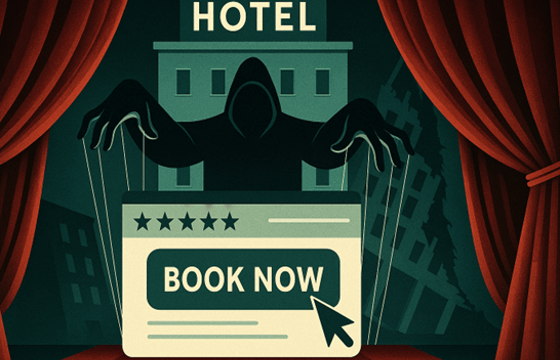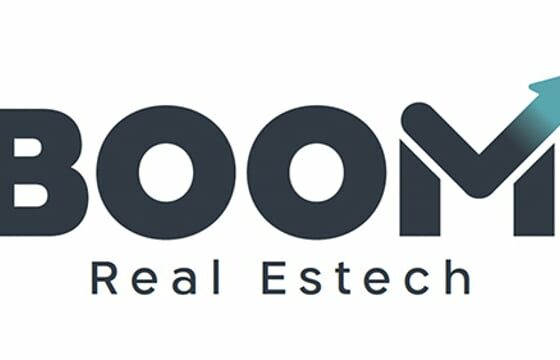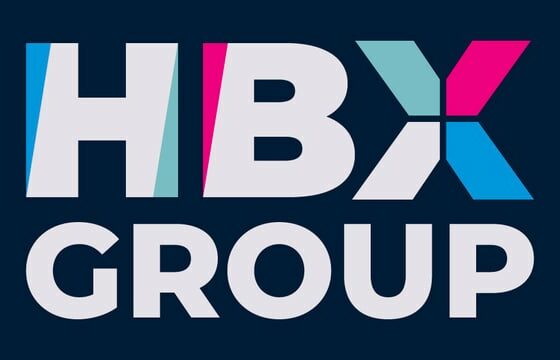
Behind the elegant lobbies and carefully curated guest experiences of today’s hotels lies a surprising contradiction. While properties meticulously craft unique identities—from boutique urban retreats to sprawling beachfront resorts—their sales teams often rely on identical, cookie-cutter proposals that blur these crucial distinctions.
Talented sales professionals shouldn’t be spending hours wrestling with disconnected systems—piecing together proposals from outdated documents, spreadsheets, and static presentations.
Research from McKinsey & Company reveals personalization can reduce customer acquisition costs by as much as 50 percent and lift revenues by 5 to 15 percent. Yet the hotel industry remains stubbornly attached to standardization—a classic case of what psychologists call “functional fixedness,” where we fail to see new uses for familiar objects.
The numbers tell a disturbing story: Sales teams spend a staggering 70% of their time on non-selling tasks—virtually unchanged from 72% in 2022. Fifteen hours per week disappear into the administrative black hole of managing document versions, correcting pricing errors, and hunting for updated information.
This inefficiency creates a cascading effect. As deadlines loom, personalization becomes the first casualty. Unique selling points get buried in generic language. Property differentiators fade into background noise. The result? Proposals that fail to answer the client’s fundamental question: “Why this hotel over all others?”
The Technology Evolution
The hospitality industry’s most innovative players are embracing integrated technologies that transform the proposal process. Modern cloud-based systems designed specifically for hospitality needs offer advantages that outdated approaches simply can’t match:
- Automated workflows that adapt to different event types while maintaining personalization
- Interactive pricing tools that eliminate error-prone manual calculations
- Electronic signature capabilities that accelerate the contract process
- Centralized content management that ensures all team members access the most current information
- Built-in analytics revealing which elements resonate most with prospective clients
From Presentation to Conversation Starter
The most effective sales proposals do more than present information—they initiate meaningful conversations. When proposals incorporate interactive elements, responsive designs, and engaging visuals, they transform from static documents into dynamic tools that showcase a property’s unique capabilities.
Consider how this changes the client experience: Instead of flipping through generic PDFs, prospects can virtually explore spaces, visualize setup options, and understand exactly how a property can bring their vision to life—all before the first in-person meeting.
This approach particularly resonates with today’s decision-makers, who increasingly research and evaluate options via digital channels before engaging with sales teams. A proposal that’s optimized for mobile viewing, features interactive elements, and provides immediate answers to key questions positions a property as forward-thinking and client-focused—qualities that extend beyond the proposal itself to suggest an overall commitment to exceptional service.
And then there’s the financial implications of outdated proposal processes extending far beyond the immediate sales cycle. Hotels report significant costs associated with:
- Longer sales cycles that keep inventory uncertain for extended periods
- Reduced team productivity as staff navigate fragmented systems
- Lower average deal values due to missed upselling opportunities
- Decreased client retention when expectations set by generic proposals don’t align with property capabilities
Perhaps most concerning is the opportunity cost. When sales professionals spend their time assembling documents rather than building relationships, they miss crucial chances to understand client needs, address concerns, and create proposals that genuinely resonate.
Learning From Industry Leaders
What practices separate the industry’s top performers from those struggling with conversion rates? Five key patterns emerge:
1. They Listen Before They Speak
Elite sales teams don’t begin with templates—they begin with questions. They invest time upfront understanding client objectives, history, and decision criteria before crafting their proposals.
During one particularly revealing interview, a sales director at a leading luxury property told me: “I never start typing until I feel like I could order lunch for this client and know exactly what they’d enjoy.”
2. They Tell Visual Stories That Stick
Our brains process visuals 60,000 times faster than text. Top performers leverage this cognitive reality by creating proposals filled with compelling visual narratives.
Instead of describing a ballroom setup in paragraphs, they show interactive diagrams. Rather than listing amenities, they incorporate video walk-throughs. These aren’t just aesthetic choices—they’re neurological strategies that create stronger memory imprints and emotional connections.
3, They Harness Digital Intelligence
The most successful sales teams have abandoned the fragmented approach of juggling Word documents, Excel sheets, and PowerPoint decks. Instead, they’ve embraced cloud-based platforms that transform proposals from static documents into dynamic conversation starters.
This technological shift isn’t merely about efficiency (though closing deals 33% faster is certainly noteworthy). It’s about creating an experience that mirrors the sophistication clients expect from the property itself.
As one event planner confided to me: “When a hotel sends me a beautiful, interactive proposal I can review on my phone between meetings, they’re showing me they understand my world. That matters more than most of what’s actually in the proposal.”
4. They Build Knowledge Ecosystems
Top performers have eliminated the frustrating hunt for the latest catering menu or room specifications by centralizing all sales collateral in accessible platforms. This approach ensures consistent, accurate information while dramatically reducing preparation time.
One sales manager described the transformation: “I used to spend my mornings chasing documents. Now I spend them chasing opportunities.”
This shift represents more than convenience—it’s a fundamental reallocation of mental resources from administrative tasks to relationship building.
5. They Make Decisions Based on Data, Not Hunches
The most successful teams have embraced analytics that reveal how clients interact with their proposals—which sections receive attention, how long they engage, and what triggers follow-up questions.
These insights transform follow-up from generic (“Just checking in on that proposal”) to strategically targeted (“I noticed you spent time reviewing our rooftop reception options—would you like to schedule a site visit to see the space in person?”).
What separates industry leaders from the competition isn’t just their physical assets or service standards—it’s their ability to communicate value in ways that resonate with specific client needs.
Consider two scenarios:
A corporate event planner receives a standard proposal highlighting generic meeting spaces and catering options. The message: “You are interchangeable with every other client we serve.”
The same planner receives a digital proposal showcasing video tours of spaces configured for similar events, interactive diagrams, and online menus specifically aligned with their stated objectives. The message: “We understand your unique needs and have designed an experience around them.”
The impact of these different approaches transcends rational decision-making. It strikes at the heart of what makes any business relationship work: recognition and understanding.
The hospitality industry has always understood that details matter. From thread counts to wine selections, success hinges on careful attention to individual preferences. It’s time for sales proposals to reflect this same philosophy—transforming them from administrative hurdles into powerful storytelling opportunities that showcase exactly why a property is the perfect match for each client’s unique vision.
In an industry built on exceptional experiences, the sales process, especially proposals, should be no exception.
Mike Pavicich
Vice President of Global Sales
SalesAndCatering.com, LLC










